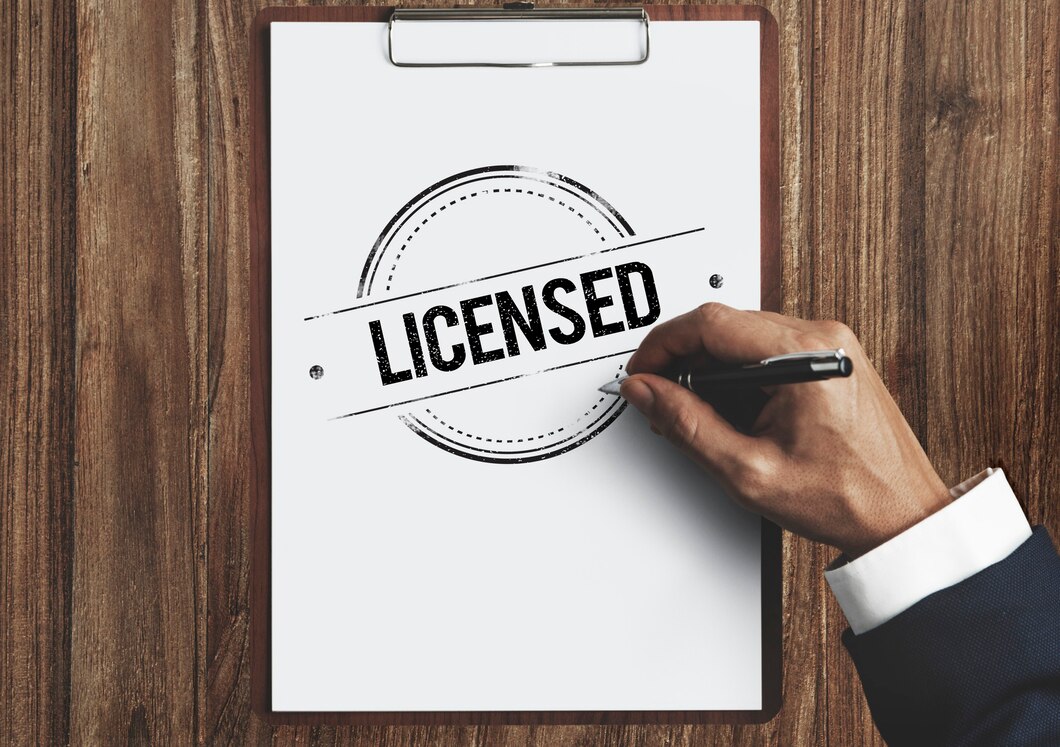Starting a business in Alabama requires obtaining the necessary licenses and permits to operate legally. Whether you are launching a small business or a large corporation, understanding the process of obtaining a business license is crucial. This article will guide you through the steps of getting a business license in Alabama, providing valuable insights and examples along the way.
1. Determine the Type of Business License You Need
Before diving into the application process, it is essential to determine the specific type of business license you need. Alabama offers various licenses and permits depending on the nature of your business. Some common types of licenses include:
- General Business License: Required for most businesses operating in Alabama.
- Professional License: Required for businesses providing professional services, such as doctors, lawyers, and accountants.
- Specialty License: Required for businesses operating in specific industries, such as food service, construction, or transportation.
Identifying the appropriate license for your business is crucial, as it ensures compliance with state regulations and avoids potential penalties or legal issues.
2. Research Local Regulations and Requirements
Each city or county in Alabama may have specific regulations and requirements for obtaining a business license. It is essential to research and understand these local regulations before proceeding with the application process. Contact your local city or county government offices or visit their websites to gather information on the specific requirements, fees, and documentation needed.
For example, if you plan to start a restaurant in Birmingham, you would need to comply with the city’s health department regulations, zoning requirements, and obtain necessary permits for food service establishments.
3. Register Your Business
Before applying for a business license, you must register your business with the appropriate state agencies. The registration process varies depending on the type of business structure you choose, such as sole proprietorship, partnership, corporation, or limited liability company (LLC).
If you are operating as a sole proprietorship, you can register your business under your own name or choose a fictitious name, also known as a “Doing Business As” (DBA) name. Partnerships, corporations, and LLCs must register with the Alabama Secretary of State’s office.
During the registration process, you will need to provide information such as your business name, address, ownership structure, and other relevant details. Once registered, you will receive a unique identification number, such as an Employer Identification Number (EIN) or a State Tax Identification Number (STIN), which you will need for the business license application.
4. Complete the Business License Application
After registering your business, you can proceed with the business license application. The application form can typically be obtained from your local city or county government offices or their websites. The application will require you to provide detailed information about your business, including:
- Business name and address
- Ownership structure
- Business activities and services offered
- Estimated annual revenue
- Number of employees
Additionally, you may need to provide supporting documents, such as your EIN or STIN, proof of registration, and any required permits or certifications specific to your industry.
5. Pay the Required Fees
Obtaining a business license in Alabama typically involves paying certain fees. The fees vary depending on the type of license, the size of your business, and the city or county where you operate. It is crucial to review the fee schedule provided by your local government and ensure you have the necessary funds to cover the costs.
For example, a general business license fee in Montgomery, Alabama, ranges from $50 to $500, depending on the annual gross receipts of the business.
6. Submit Your Application
Once you have completed the application and gathered all the required documents, it is time to submit your application. Ensure that you have filled out the form accurately and attached all the necessary supporting documents. Submit the application to the appropriate city or county government office either in person or by mail, following their specific instructions.
It is advisable to keep copies of all the documents submitted and any receipts or confirmation of application submission for your records.
7. Await Approval and Receive Your Business License
After submitting your application, the city or county government office will review your application and conduct any necessary inspections or background checks. The processing time may vary depending on the complexity of your business and the workload of the government office.
Once your application is approved, you will receive your business license. The license should be displayed prominently at your place of business as required by Alabama law.
Summary
Obtaining a business license in Alabama is a crucial step in starting and operating a legal business. By following the steps outlined in this article, you can ensure compliance with state and local regulations, avoid potential penalties, and establish a solid foundation for your business.
Remember to determine the specific type of license you need, research local regulations, register your business, complete the application accurately, pay the required fees, and submit your application. Once approved, proudly display your business license and enjoy the benefits of operating a legitimate business in Alabama.

